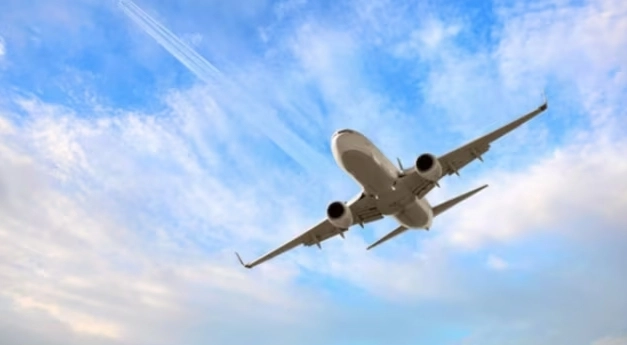
The Directorate General of Civil Aviation (DGCA) has introduced a new framework for conducting Comprehensive Special Audits, aimed at strengthening oversight and enhancing aviation safety standards.
These audits will deliver a 360-degree evaluation of the sector by rigorously assessing safety practices, operational efficiency, and regulatory compliance across the aviation landscape.
With a risk-based and integrated approach, the initiative is designed to proactively detect systemic vulnerabilities, reinforce resilience, and ensure strict alignment with the International Civil Aviation Organisation (ICAO) Standards and Recommended Practices (SARPs) and India’s national aviation safety goals.
This strategic reform reflects the DGCA’s continued commitment to global best practices and regulatory excellence. Fully aligned with international protocols such as ICAO Annexe 19, Universal Safety Oversight Audit Programme (USOAP), the Global Aviation Safety Plan (GASP), and the ICAO Asia-Pacific Regional Aviation Safety Plan (AP-RASP), the framework also supports India’s National Aviation Safety Plan (NASP). Through bilateral and multilateral engagement, the DGCA aims to bolster India’s reputation for aviation safety and facilitate international recognition of its audit outcomes.
New Framework Covers All Aviation Entities
The framework applies to a wide range of entities, including scheduled and non-scheduled operators, private air carriers, Maintenance, Repair and Overhaul (MRO) organisations, training institutions, air navigation service providers, aerodrome operators, and ground handling agencies. Supporting infrastructures such as emergency response systems and tech providers are also within scope, ensuring a comprehensive audit ecosystem.
The audits will be conducted by multidisciplinary teams led by senior DGCA officials and supported by experts across directorates like Flight Standards, Air Safety, and Licensing. A variety of methods, including documentation reviews, inspections, interviews, and data analysis, will be employed to assess compliance and safety culture. Audits may be triggered by safety events, non-compliance, or proactively scheduled based on evolving risk profiles.
Findings will be classified into levels requiring corrective actions within specified timelines, and non-compliance may attract progressive enforcement actions ranging from warnings to license suspension. Confidentiality will be maintained to encourage open reporting and nurture a strong safety culture. Entities may appeal findings as per established regulatory procedures.
In establishing this forward-looking, data-driven, and collaborative audit model, the DGCA seeks to set global benchmarks in aviation safety oversight and ensure India’s continued leadership in civil aviation safety and sustainability.
-
Climate change or arson? Wildfires rage across Greece's Chios Island

-
Kitchen Hack: Permanent Solution to get rid of red & black ants: do it today!

-
New Realms of Creative Filmmaking

-
Samsung ‘Galaxy Unpacked’ Event to Kick Off on July 9: All You Want to Know | Technology news

-
Rishabh Pant Scores 4th 100 In England, Breaks Sachin’s Record
